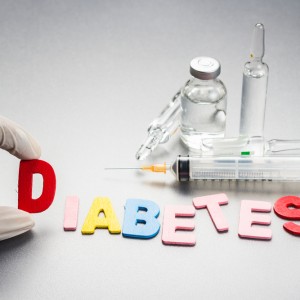 The Centers for Disease Control and Prevention (CDC) has recognized that DPS Health meets its standards in providing programs that are focused on helping prevent type 2 diabetes.
The Centers for Disease Control and Prevention (CDC) has recognized that DPS Health meets its standards in providing programs that are focused on helping prevent type 2 diabetes.
DPS Health is a top leader in clinically-proven interventions to change digital behavior of the emergent-risk population. This is the very first time that digital programs are included in the CDC guidelines within its Diabetes Prevention Recognition Program. In the past, the standard programs for diabetes prevention only allowed the utilization of face-to-face interaction programs.
“The CDC’s recognition of remote and online services as viable for those at risk for diabetes is a significant step forward for not only the diabetes community, but also the medical community. Since our online DPP program — called Virtual Lifestyle Management (VLM) — rolled out in 2006, we’ve successfully supported quantifiable behavior change for tens of thousands of people. This recognition will help patients feel confident that these tools are viable and results-driven,” stated Neal Kaufman, who is the DPS Health’s chief medical officer.
Adam Kaufman, the DPS Health CEO, said in a press release: “As concern grows around the rate of pre-diabetes and obesity in the U.S., these new guidelines provide clarity to the market on which programs are proven and evidence-based and committed to supporting consumers in formats that directly address their needs. This is a very exciting development for our industry, and we look forward to helping lead the movement behind the continued acceptance of digital tools for healthcare.”
Notes About DPS Health
DPS Health was founded in 2004 and helps empower organizations to improve the health of their patients, employees and members thanks to research-proven, mobile and web self-management support interventions. For additional information, visit www.dpshealth.com.
More Recent News on Diabetes Type 2
Scientists at UT Southwestern Medical Center in Dallas have discovered that Random Blood Glucose (RBG) values found in testing where the clinician is unaware of the patient’s last food intake account for most glucose tests performed in clinical practice. Currently, glucose testing guidelines don’t specify using RBG values as part of the diabetes test screening protocol do not flag higher glucose levels as a diabetes risk indicator.


